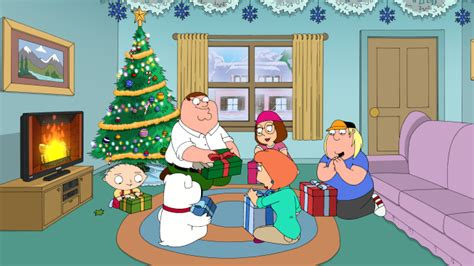I'm not going to ask if you're planning to watch A Charlie Brown Christmas this year, only if you've already watched it. Whether or not you have, you might find this Smithsonian article interesting on the flop that wasn't.
At bare-bones e-zine, Jack introduces us to the third Jerry Sohl script to air on Hitchcock, "The Doubtful Doctor," a suggestion of what you get when you cross It's a Wonderful Life with The Twilight Zone, with Dick York and Gena Rowlands. It doesn't happen at Christmas, but this is a good time to read about it.
One of the Christmas episodes we watched recently was from Window on Main Street, the single-season series that starred Robert Young in his follow-up to Father Knows Best. It gives you a chance to really appreciate how fine an actor he was, and at Comfort TV, David goes a step further and highlights the elegant prose and poetry read by Young and others during the run of Father Knows Best. They don't write 'em like that anymore.
Gill has been at it again at RealWeegieMidget, with her latest co-host blogathon being on the great Christopher Plummer. Here's the final installment, but you'll want to check out her other entries to see what everyone's had to say. I got to see him perform in person once, doing a reading of Henry V to music by William Walton, performed by the Minnesota Orchestra. Those were the days.
At Classic Film & TV Cafe, Rick rates the Dirty Harry movies of Clint Eastwood from best to worst. I'm including this for three reasons: I like Rick's website, I like Dirty Harry, and I saw all of these movies on television rather than in the theater.
Speaking of watching movies on TV (and Christmas as well), most of you have probably seen both Holiday Inn and White Christmas on television; this week Herbie Pilato compares the two classics. Head over there to see which one comes out on top.
At Cult TV Blog, John travels back to the 1970 British series Tales of Unease (gotta like that name, right?), which presented supernatural tales of horror—but then, are there any other kind? This week is the episode "The Old Banger," about a discarded car that just won't stay away.
Let's stay with the Brits for a sec more: Classic Film and TV Corner reviews the terrific spy drama Callan, which aired from 1967 to 1972 and starred Edward Woodward in what was probably his best-ever role. If you haven't seen an episode yet, it's worth checking out.
That should do it for this week—get well soon, Terence! TV





